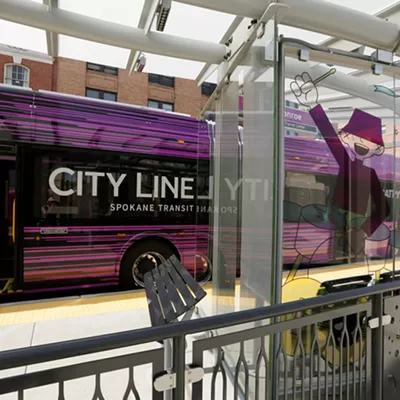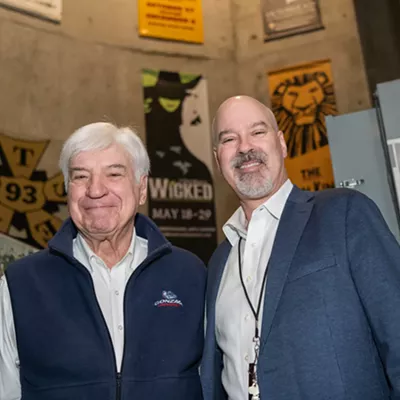"Amazon is not happening to bookselling," Jeff Bezos told Charlie Rose on 60 Minutes in December. "The future is happening to bookselling."
Amazon has been one of the most fascinating companies to watch over the past couple of decades. It seems the paragon of 21st century capitalism — it serves consumers in the most efficient way possible, usually delivers the lowest prices you can find and does it all right here from Washington state. But if you look closer — as has been done in the new book The Everything Store and a recent New Yorker article, "Cheap Words" — there's more to the story. Online shopping is putting bricks-and-mortar stores out of business, as has been well documented. In fact, one Amazon initiative, according to The Everything Store author Brad Stone, was called the Gazelle Project, because Bezos thought Amazon should take over bookselling and "approach these small publishers the way a cheetah would pursue a sickly gazelle."
Can Amazon be both an exemplar of modern capitalism and proof of its failings? Bezos is described as simultaneously looking to take over the retail universe and always fighting for consumers. It sure doesn't look like Amazon is worried about profits, as they make almost nothing on every Kindle sold and boast a gravity-defying 600-plus price-to-earnings ratio. (Apple's P/E is 13.) Yes, Wall Street looks the other way because it loves Amazon — but America does, too. Heck, I'm an Amazon Prime member.
In federal antitrust cases, the courts are siding with Amazon because, as George Packer writes in "Cheap Words," their default is to side with what's good for consumers. And there's the conundrum: Are low prices the ultimate good? Everyone wants to pay less, but what if that adds up to more low-wage workers stuck in poverty or a shrinking middle class? Would you pay another couple bucks if that put a little more social justice, worker pay and new jobs into the mix? These are the kinds of questions that have led us here at the Inlander to preach about the importance of shopping local.
Bezos is right: The future is happening to us all. More than anything else, Amazon reflects who we are as 21st century consumers — relentlessly pushing for lower prices. (In fact, Bezos wanted to name his company Relentless.com; just for fun, type that URL into your browser and see where it takes you.)
But while we all marvel at a gleaming future filled with robot-run distribution centers and packages delivered by drone, let's remember: While the absolute lowest price might be best for you personally, it's not necessarily best for America. ♦
























